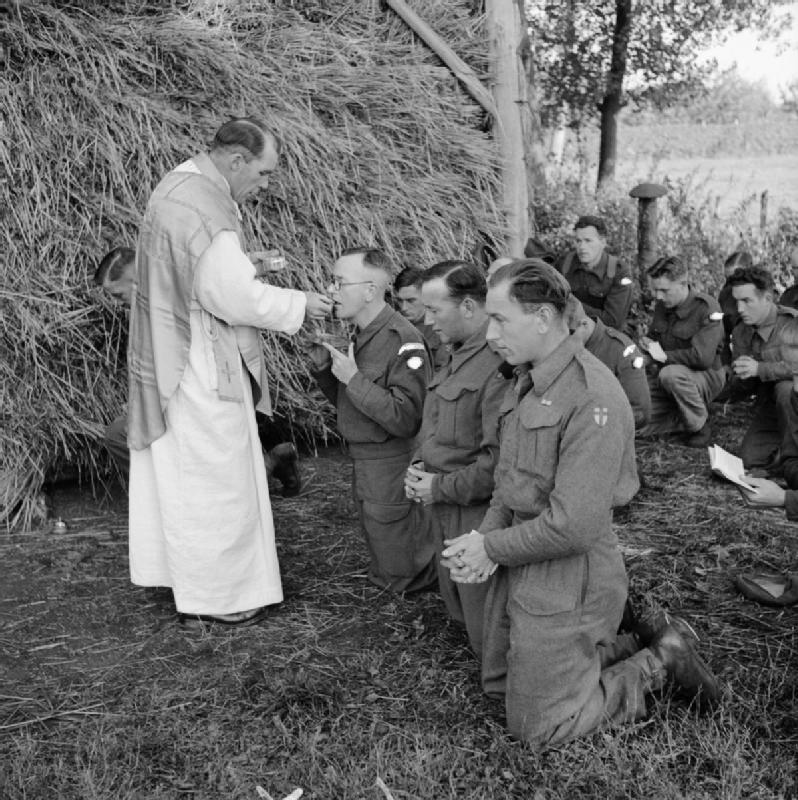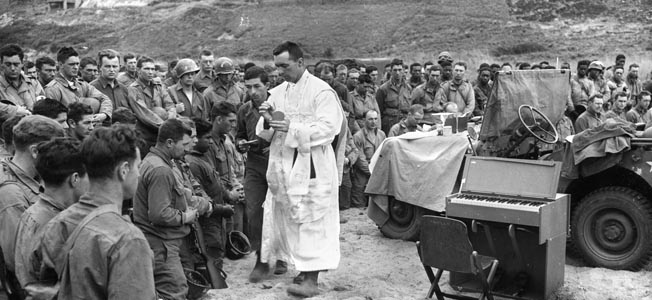There cannot be anything of His Presence in communion when He said that He will not drink of the vine until He drinks it with us in our Father's kingdom. The only Presence that counts is Him dwelling within us which is the glory for what He has done on the cross for all believers.
Matthew 26:26-29
"Now as they were eating, Jesus took bread and blessed and broke it and gave it to the disciples and said, 'Take, eat, this is my body.' And he took the cup and when he had given thanks he gave it to them saying, 'Drink of it all of you, for this is my blood of the new covenant, which is poured out for many for the forgiveness of sins. I will you,
I will not drink again of this fruit of the vine again until I drink it with you in my father's kingdom." (see also
Mark 14:22-24,
Luke 22:19-20)
You cannot do communion in remembrance of Him if one believes they are receiving His Presence in communion. What honor is in that when the act of receiving Him in communion is a work of iniquity that denies Him as forver dwelling within us since our salvation that we need not receive Him again.
1 Corinthians 11:23-29
The Lord Jesus on the night when he was betrayed took bread, and when he had given thanks, he broke it and said, 'This is my body which is for you. Do this in remembrance of me.' In the same way also the cup saying, 'This cup is the new covenant in my blood. Do this, as often as you drink it, in remembrance of me.' For as often as you eat this bread and drink this cup, you proclaim the Lord's death until he comes. Whoever, therefore, eats the bread or drinks the cup of the Lord in an unworthy manner will be guilty of profaning the body and blood of the Lord. Let a man examine himself and so eat of the bread and drink of the cup.
For anyone who eats or drinks without discerning the body, eats and drinks judgment upon himself."
One has to pay attention to even the Evangelicals when they perform communion because they sometimes add words to the performance of communion that sounds "Catholic" when they say, "We come into His Presence today..." What? Are we walking away from His Presence after communion? No. Then why say it when He is in us and is with us always? So does your church's communion really reflect your faith or not?
Jesus said His disciples, even though fruitful, will still receive pruning to be even more fruitful. A church, as well as individual believer, should be ready to be pruned at any moment so as to be more fruitful so that our words may match our faith so that our faith may shine brighter in this world of darkness.



